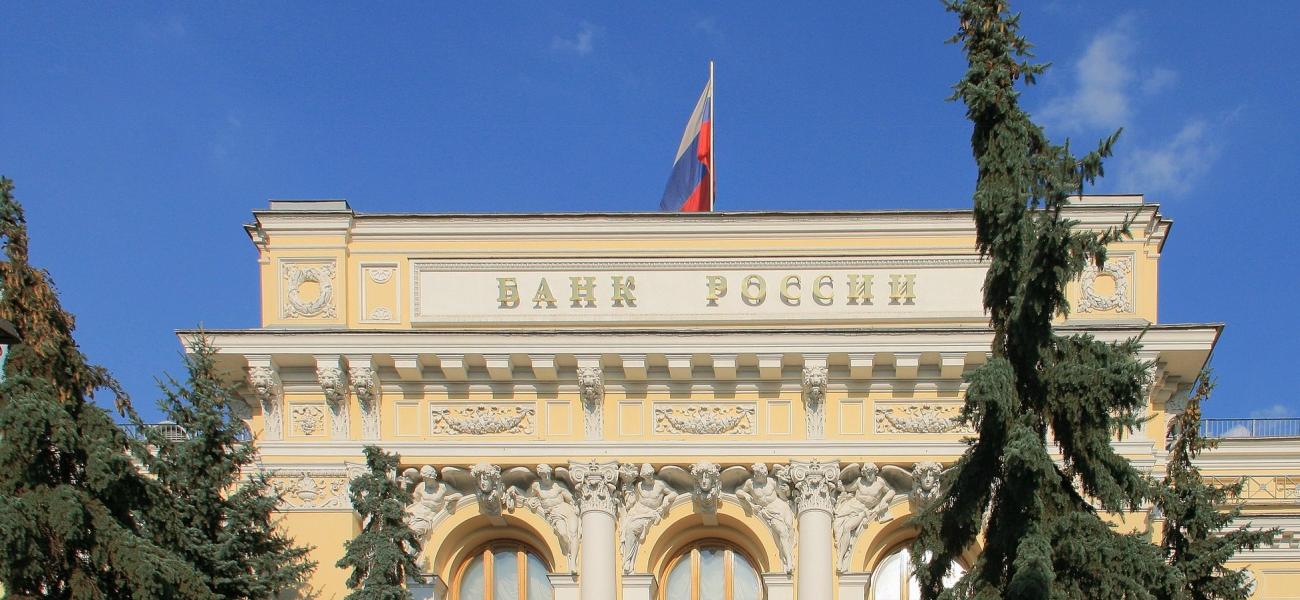
Sanctions Against Russia Ignore the Economic Challenges Facing Ukraine
February 09, 2023
Nicholas Mulder
This is a summary of an article originally published by The New York Times.
The author, a historian of twentieth-century European and international history at Cornell University, writes:
- “The West has shown that it possesses the tools to destroy the growth prospects of import-dependent middle-income economies. But sanctions have failed to cause crippling and insurmountable problems of the kind that will cause the collapse of either the Russian economy or Mr. Putin’s war effort.”
- “The last year has demonstrated that against a Group of 20 economy, the United States and Europe alone are no longer capable of mounting sanctions regimes with overwhelming consequences. Historical experience suggests that larger targets are better able to withstand sanctions pressure, both because they have more internal resources to draw on and because they are more difficult to sever fully from the world economy.”
- “While Russian trade with the West has collapsed, its commercial exchanges with Asian, Middle Eastern, Latin American and African states have expanded. As the world recovers from the pandemic and adjusts to the shock of the war, Russia’s commodity exports are too appealing to shun entirely. The lure of cheap raw materials from Russia is spurring sanctions avoidance on a previously unseen scale ... Through a host of intermediaries, Western-made microchips continue to end up in Russian helicopters and cruise missiles.”
- “Perhaps the most urgent lesson of the sanctions’ limited effects is what they make us miss: the dire economic position of Ukraine and what the West can do to shore it up. For all the attention lavished on sanctions, they are a sideshow and not the main arena in which Ukraine’s future will be determined. ... Which is in more acute trouble, a $1.8 trillion economy that has contracted by 3 percent, or a $200-billion economy that has lost one third of its GDP?”
- “What the West needs to focus on above all is lasting assistance to Ukraine. ... Sanctions are important as an expression of support for Ukraine’s war of defense. But they are a diversion from the economic struggle that truly matters in this conflict.”
Read the full article at The New York Times.
Author
Nicholas Mulder
Nicholas Mulder, a historian of twentieth-century European and international history at Cornell University, is the author of The Economic Weapon: The Rise of Sanctions as a Tool of Modern War.
The opinions expressed herein are solely those of the author. Photo shared in the public domain.
Click to Subscribe
Russia Matters offers weekly news and analysis digests, event announcements and media advisories.
Choose and sign up here!
Recent Analysis
CIA Director Burns on Ukraine: ‘We’re Running Out of Time to Help Them’
April 25, 2024
George W. Bush Presidential Center
Personnel Stagnation to Splinter Putin Elite With Battle of Lost Generations
April 19, 2024
Andrey Pertsev

